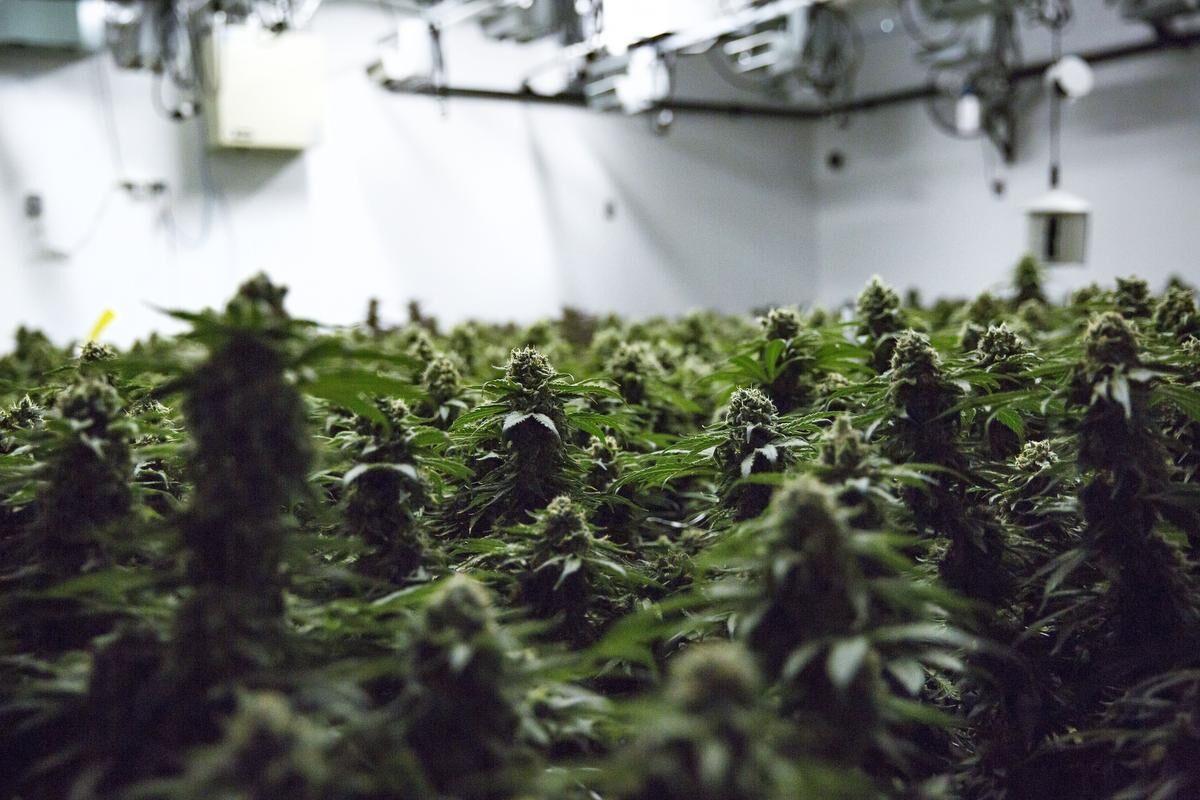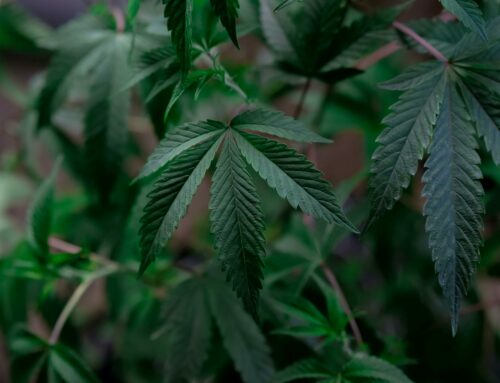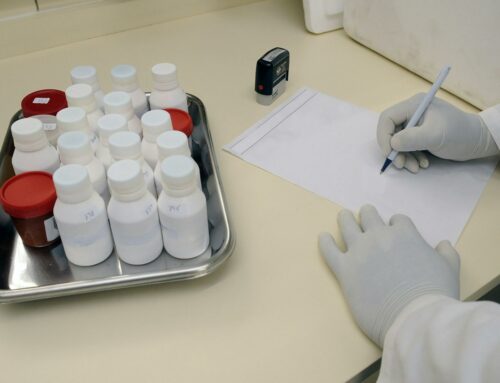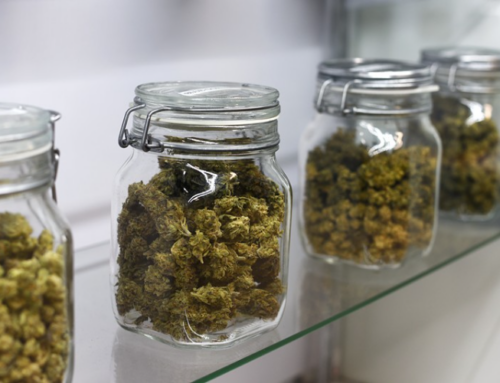DEA Proposes Increased Production Quotas for Cannabis and Psychedelics
LOS ANGELES- In a significant policy shift, the Drug Enforcement Administration (DEA) has proposed substantial increases in the production quotas for cannabis and various psychedelics for 2024. This move reflects a growing recognition of the potential therapeutic benefits of these substances and underscores the federal agency’s commitment to facilitating more comprehensive research.
The DEA’s initial proposal, outlined in the Federal Register in November 2023, included notable increases in the aggregate production quotas (APQ) for substances such as THC, psilocybin, and dimethyltryptamine (DMT), all of which have garnered attention for their possible therapeutic effects. The latest update for the 2024 quotas suggests even larger increases. For instance, the APQ for d-9-THC is set to rise from 628,460 grams in 2023 to 1,523,040 grams in 2024, and for psilocybin, the increase is from 15,000 grams to 20,000 grams.
These proposed changes indicate the DEA’s acknowledgment of the burgeoning interest in the medical and scientific exploration of these substances. By increasing production quotas, the DEA is not only accommodating current research demands but also paving the way for future studies that could unveil new therapeutic applications.
Public commentary on the DEA’s proposal has been robust and varied. During the comment period from November 2 to December 17, 2023, the agency received 4,699 comments, many of which advocated for increased APQs for psychedelics for religious use. Some commenters, representing indigenous communities and religious groups, argued for higher quotas for substances like psilocin, mescaline, and LSD, citing legal religious uses and the importance of these substances in their cultural practices.
In response, the DEA noted its history of engaging with indigenous communities and its openness to further dialogue. The agency clarified that the APQs are partly based on quota applications submitted by registered manufacturers and that these quotas encompass both synthetically manufactured and naturally derived substances.
This development is not just a nod to the potential medical advantages of cannabis and psychedelics but also a testament to the power of public engagement in shaping drug policy. The DEA’s decision to increase production quotas could foreshadow more progressive policies regarding the use and research of these substances, potentially easing restrictions and fostering innovative medical treatments.
As research continues and the conversation around these substances evolves, further changes in policy and perception are likely. The DEA’s move marks a pivotal moment in the ongoing reassessment of cannabis and psychedelic substances in both medical and cultural contexts.




































